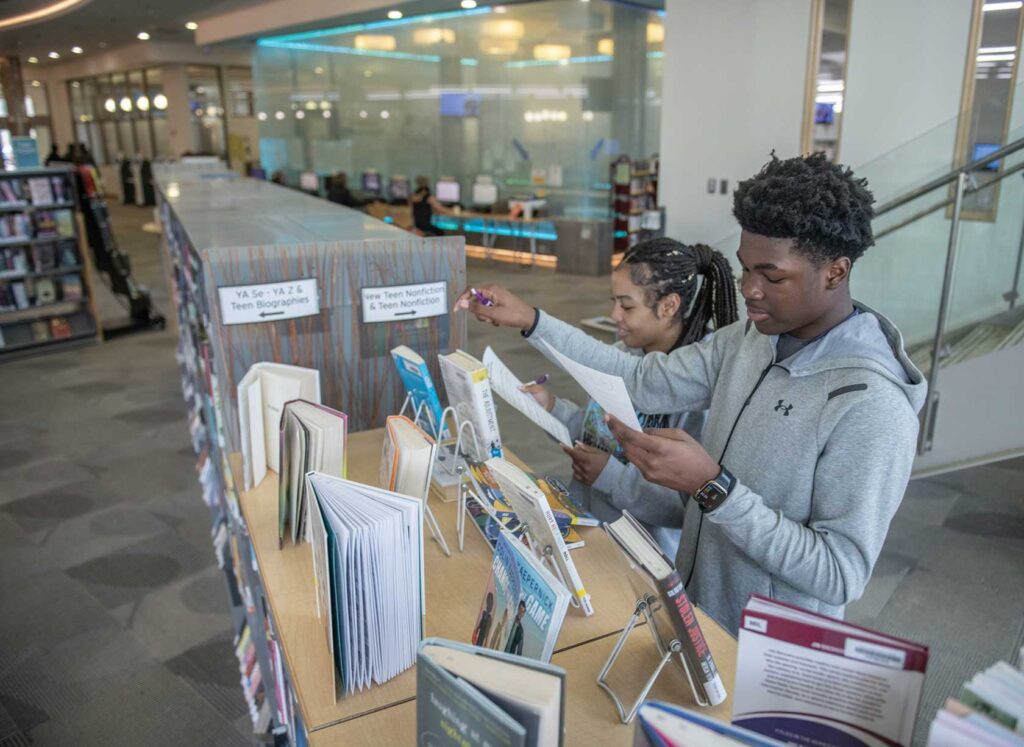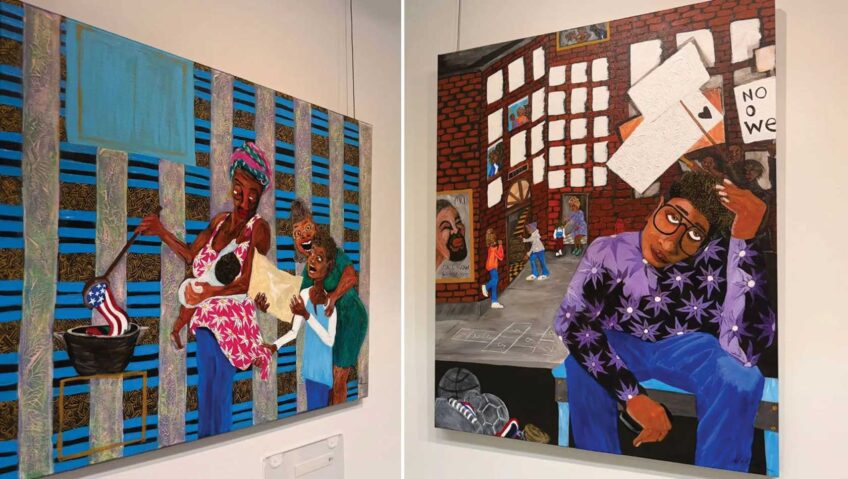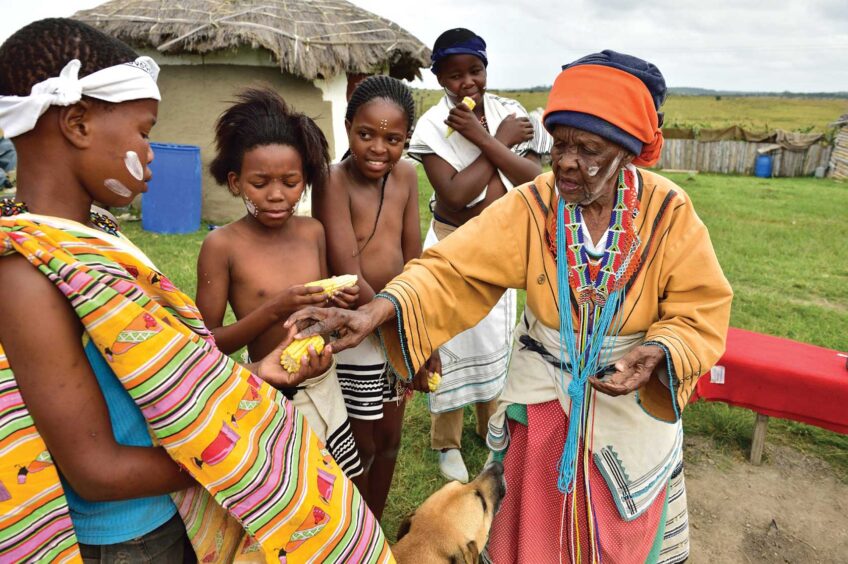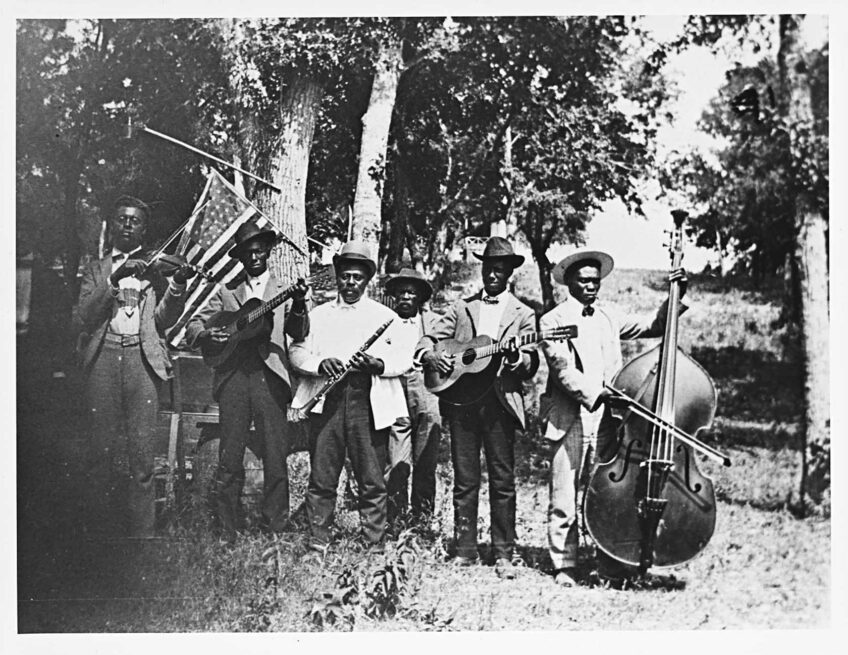
The annual holiday Juneteenth is celebrated to commemorate the “official” end of slavery in the United States, after the Civil War. Juneteenth is also commonly known as Emancipation Day or Freedom Day. For Black people, this holiday is meant to be celebratory in acknowledging our freedom and growth as a community. In fact, Juneteenth could be considered to be one of the oldest celebrated African American holidays, dating to the 1800s when it originated. It symbolizes our hardships and ultimately our freedom. Furthermore, the awareness of this holiday has been constantly growing as the country recognizes what it is and the depths of what it represents.
For the youth however, this important holiday isn’t highlighted in the ways in which it should be. The question as to why this vital holiday isn’t taught as heavily within educational systems begins to arise. This holiday has been around for over 100 years now and is only recently getting the recognition it deserves. With the origins of Juneteenth centering around celebrating Black beauty and freedom while educating others on the history of our past, it should be an undeniable part of the curriculum. However, the lack of awareness this holiday has among the youth is perhaps a result of the neglect to Black history being taught within schools.
Andre Johnson of the Jersey City Board of Education eloquently voiced his views on how vital it is to teach Juneteenth and other celebrations of Black history to our youth. Johnson said, “We often see school systems teach a marginalized version of Black history, while often shedding light on Black suffering and pain. Juneteenth, however, is all about Black joy and freedom, and perhaps that is why we don’t see it being taught as much.”
Heaven Hymes, a student at Hampton University, also explained how the lack of teachings on, this holiday can be detrimental to our youth because, “If we constantly gloss over portions of history and continue to group them all into one category, then we negate the diversity of our nation.”
Understanding the holiday
Juneteenth began when enslaved people in Galveston, Texas, were notified on June 19, 1865, that the Emancipation Proclamation had actually declared their freedom in 1863. The name is a combination of that month, “June,” and day “nineteen.” It officially became a holiday in 1980 even though it’s been celebrated since 1865. Juneteenth evokes the celebration of liberation, and justice for Black people in America. Honoring this holiday is commonly done through cookouts, street fairs, parades, and an array of different enjoyable activities that bring people together.
In America, Juneteenth is slowly but surely receiving the recognition it deserves, but in what ways? In recent years during the month of June many corporations came out with their versions of what Juneteenth commemorations look like. Some made a mockery out of the history of the holiday, such as Walmart’s Juneteenth-themed ice cream, or the watermelon salad on the menu at the Children’s Museum in Indianapolis to name a few. After 156 years of the holiday’s existence, the recognition America is giving Juneteenth is perhaps not truly what honoring our history means.
What Juneteenth means to the youth
For the Black community, honoring Juneteenth means something different for everyone. After taking the time to speak with a few of my fellow HBCU student peers, it was refreshing to hear their responses to what this particular holiday means to them and why it is so essential to continue to acknowledge and celebrate. We also discussed how the teachings of Juneteenth can further advocate for our youths’ awareness of Black history.
“Not only will the teaching of Juneteenth bring about a sense of pride for young Black students when learning about their history, but it will also create a more unified and empathetic nation that seeks to learn about all, understand all, and celebrate all,” said Heaven Hymes.
Many of them explained how Juneteenth exemplifies the true definition of Black liberation, in celebrating the successes of how far we’ve come. Moreover, Juneteenth embodies the trials and tribulations that African Americans have prevailed over, and for that there’s so much beauty and meaning to the holiday.
Hampton University alum Arthur Harrington told the Amsterdam News, “We celebrate Juneteenth because we understand that we are making progress and that we are making strides, and that we are still continuing to fight, and we are still continuing to push and move forward even when we face obstacles.”
The tone seems to be that it is about remembering how our strength has pushed us thus far, for there’s absolutely nothing we cannot overcome.
“We are taught more about the suffering part of who we were, as opposed to all it is that we had to overcome in America,” said Andre Johnson. “We only scratch the surface of who we are as a people and what we have brought to mankind. Juneteenth is another example of all the wonderful things we bring to mankind.”
Hymes told the paper, “Juneteenth for me means that our nation can grow. By having a day where those who were enslaved were free emphasizes the fact that as a nation, if we continue to advocate for change, it can occur.”
Hymes concluded, “Not only does teaching this portion of history show American children that it took America some time to acknowledge others’ rights, but it also calls them to look beyond their rights and their benefits/blessings and seek to help others have such opportunities.”







Leave a Reply
You must be logged in to post a comment.